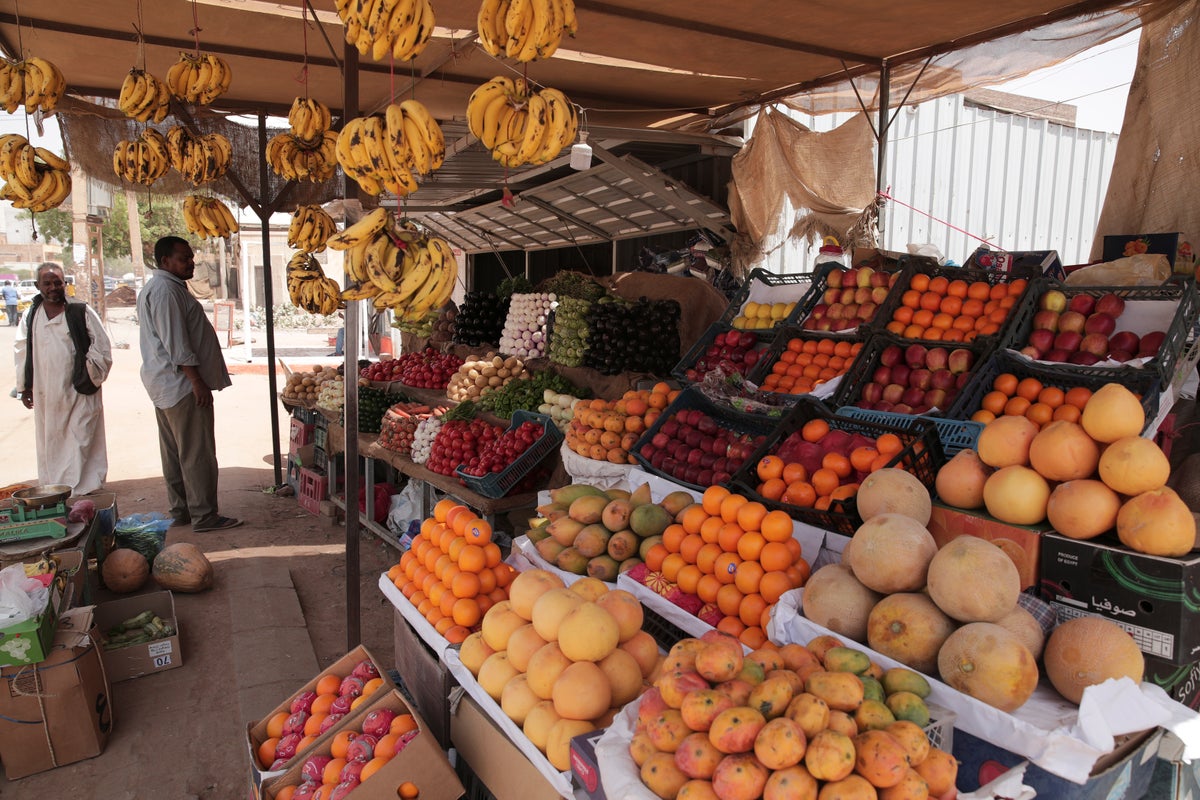
The United Nations painted a grim picture for Sudan’s humanitarian situation, saying Wednesday that almost a quarter of the country’s population was inching toward starvation amid a dire shortage of funding.
The U.N. Office for the Coordination of Humanitarian Affairs said that 11.7 million people were facing acute hunger between June and September, an increase by nearly 2 million, compared to the same period last year.
The deepening food crisis in Sudan is caused mainly by the county’s fragile economy, prolonged dry spells, reduced areas cultivated and erratic rainfall, said the U.N. Food and Agriculture Organization.
The dark assessment comes as the East African nation has plunged into turmoil since a military coup in October. It upended the country’s short-lived transition to democracy after nearly three decades of repression and international isolation under autocrat leader Omar al-Bashir. A popular uprising forced the military’s removal of al-Bashir and his Islamist-allied government in April 2019.
The military’s takeover also derailed international-backed efforts to overhaul the battered economy and stalled billions in assistance from the West and global financial institutions.
Most of those suffering from acute hunger are in the capital, Khartoum, the Darfur region and the provinces of Kassala and White Nile, which were the hardest hit by conflict and economic decline, OCHA said.
It said around 4 million children under age 5 and pregnant and nursing women are estimated to be acutely malnourished and in need of humanitarian life-saving nutrition. The figure included 618,950 children under 5 with severe acute malnutrition, of whom around 93,000 suffer from medical complications and need specialized care.
The World Food Program said it was forced to cut rations for refugees across Sudan because of severe funding shortfalls. Starting from July, more than 550,000 refugees would receive only half of a standard food basket, whether as in-kind food or cash-based transfers, the agency said.
It warned that such cuts could exacerbate protection risks as refugees may resort to negative coping mechanisms, including school drop-out, child labor, early marriage and sexual and gender-based violence.
The U.N. said its humanitarian response for Sudan in 2022 received $414.1 million, out of a total requirement of $1.94 billion.







